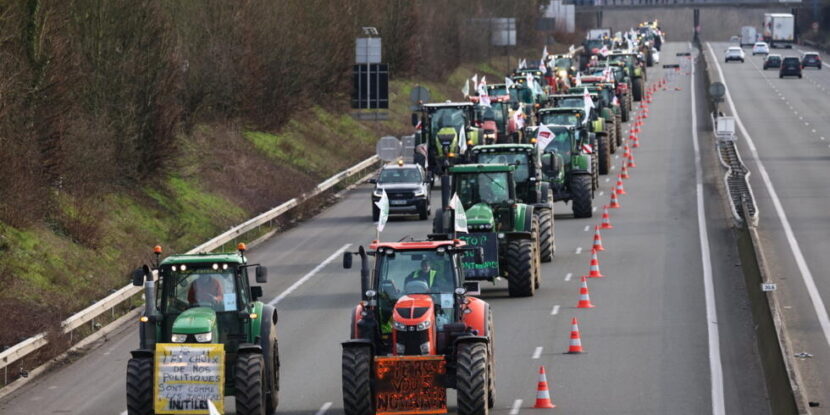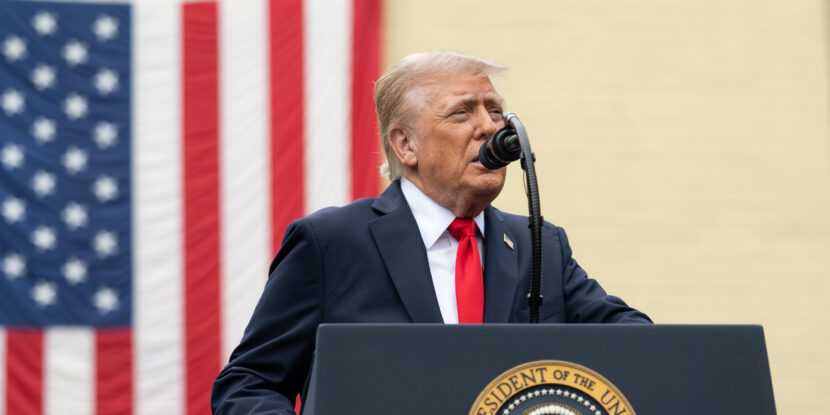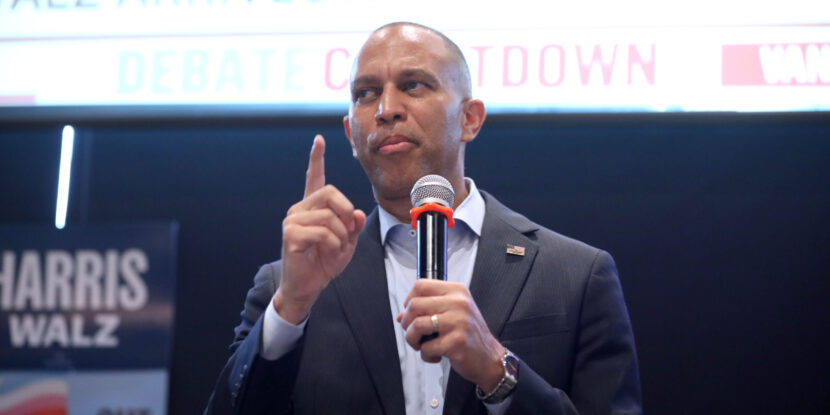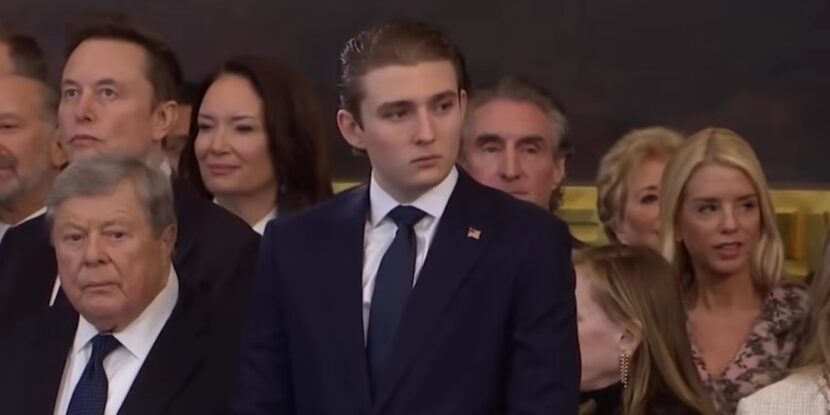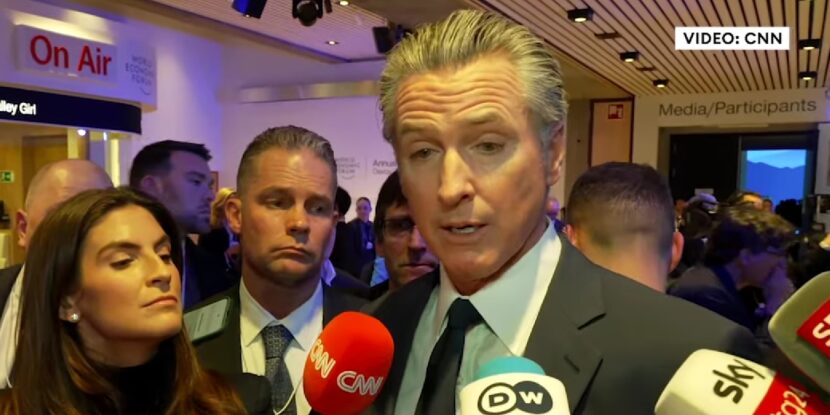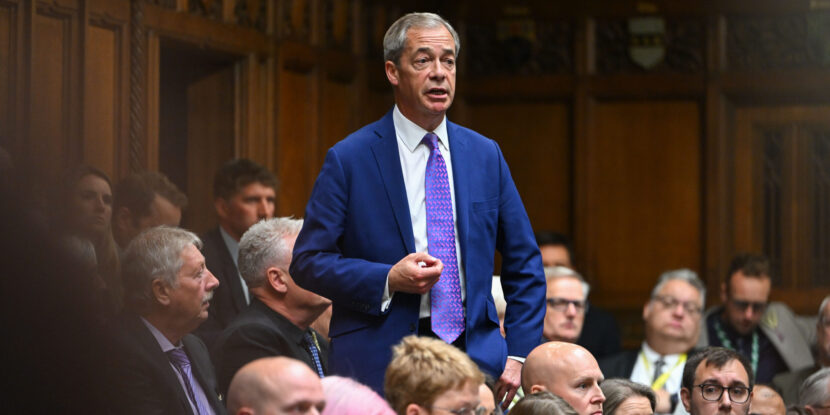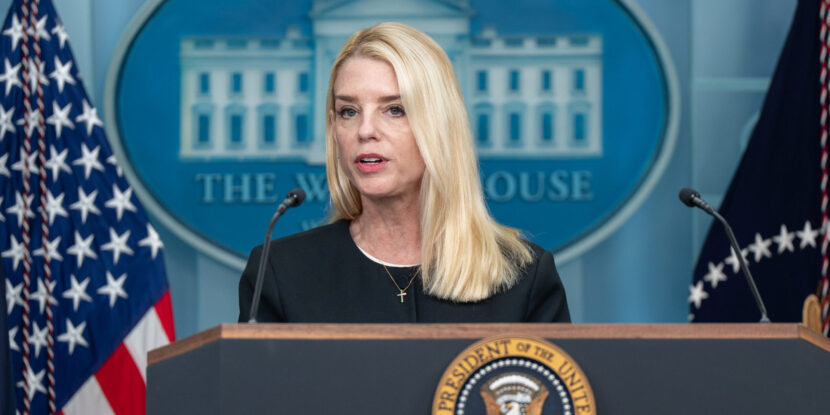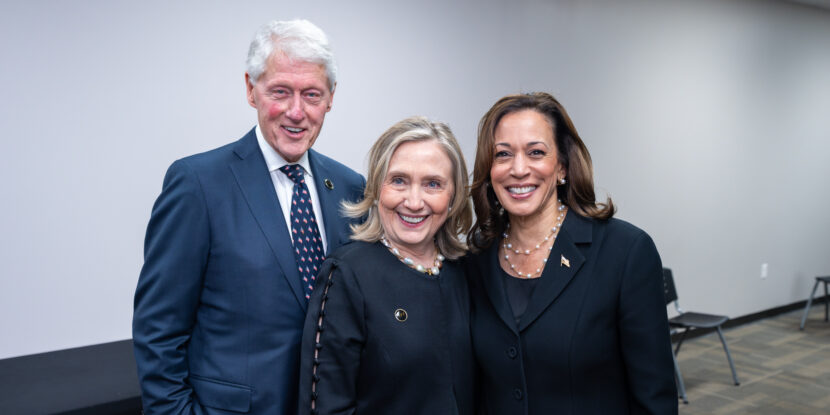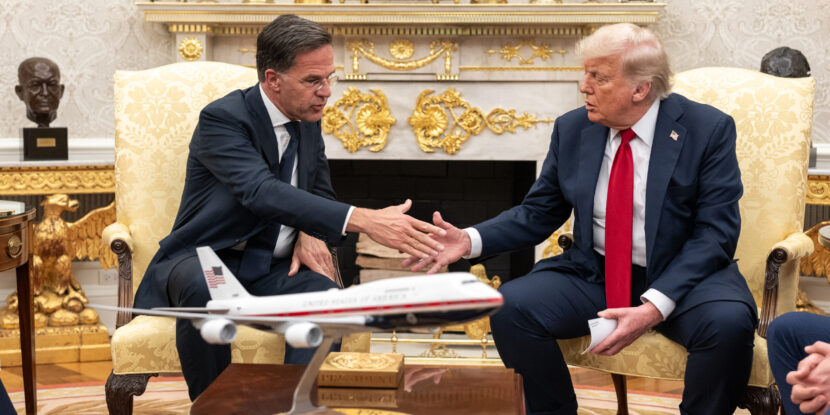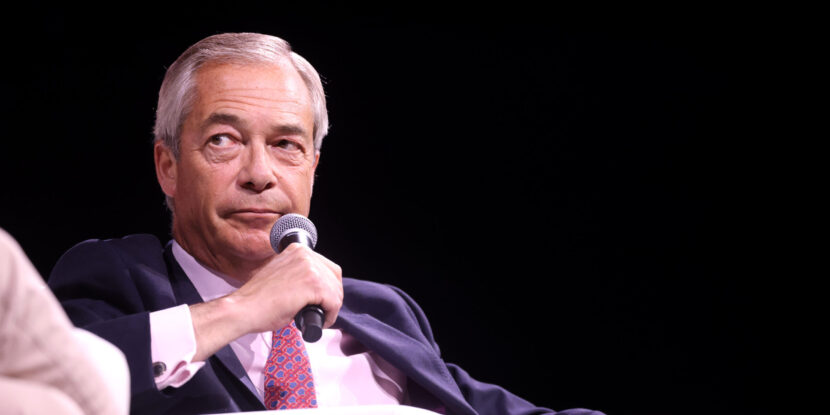Protesting farmers in France began a “siege” of Paris on Monday, blocking all major highways with tractors. Farmers from across the European Union (EU), angered by unfair competition from more lightly regulated countries, costly climate policies, subsidy cuts, and tax hikes, have also targeted government offices, with some being damaged in the protests.
President Emmanuel Macron’s globalist government has heightened security measures in response to the protests. His new Prime Minister, Gabriel Attal, failed to defuse the unrest last week with a series of token concessions, with farmers insisting they fell well short of their needs.
Many of the issues faced by French farmers stem from EU policies. Other EU member-states, including Germany and the Netherlands, have also seen large-scale farmer protests.
Germany’s government, a globalist coalition between socialist, green, and neoliberal parties, fears the protests are being “exploited” by the “far right,” with the populist Alternative for Germany (AfD) party surging in national and regional polls.
In the Netherlands, where many believe the pressure on farmers stems from a desire to force them from their land to make way for migrant accommodation, the Farmer-Citizen-Movement won regional and senate elections last year, and the anti-mass migration Geert Wilders won the national legislative election.
